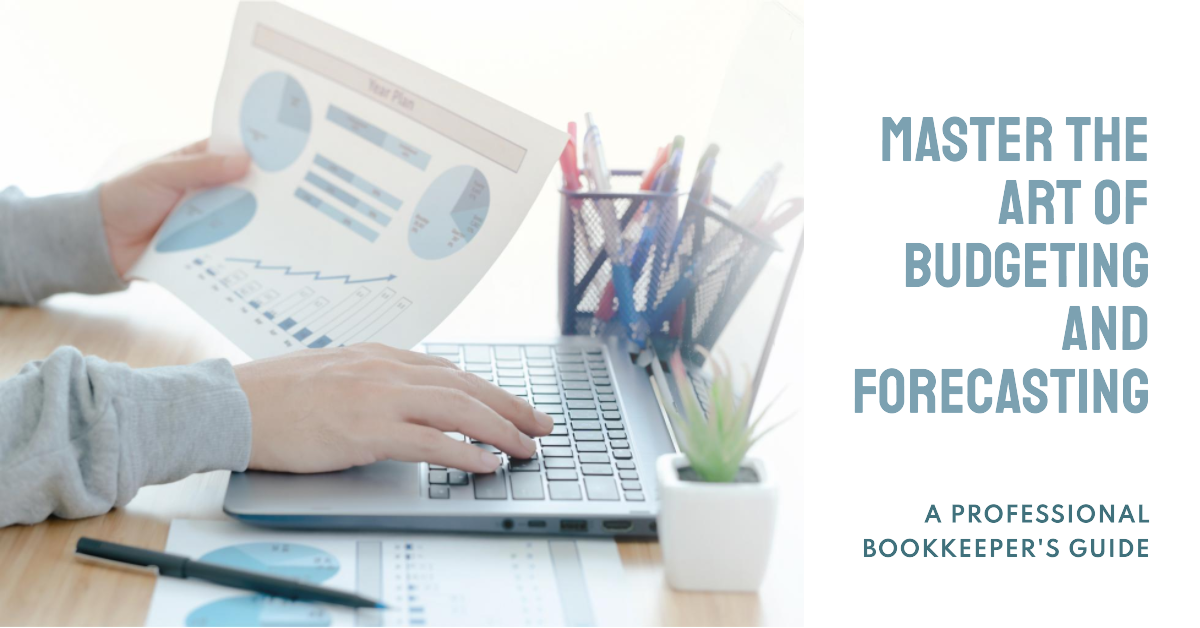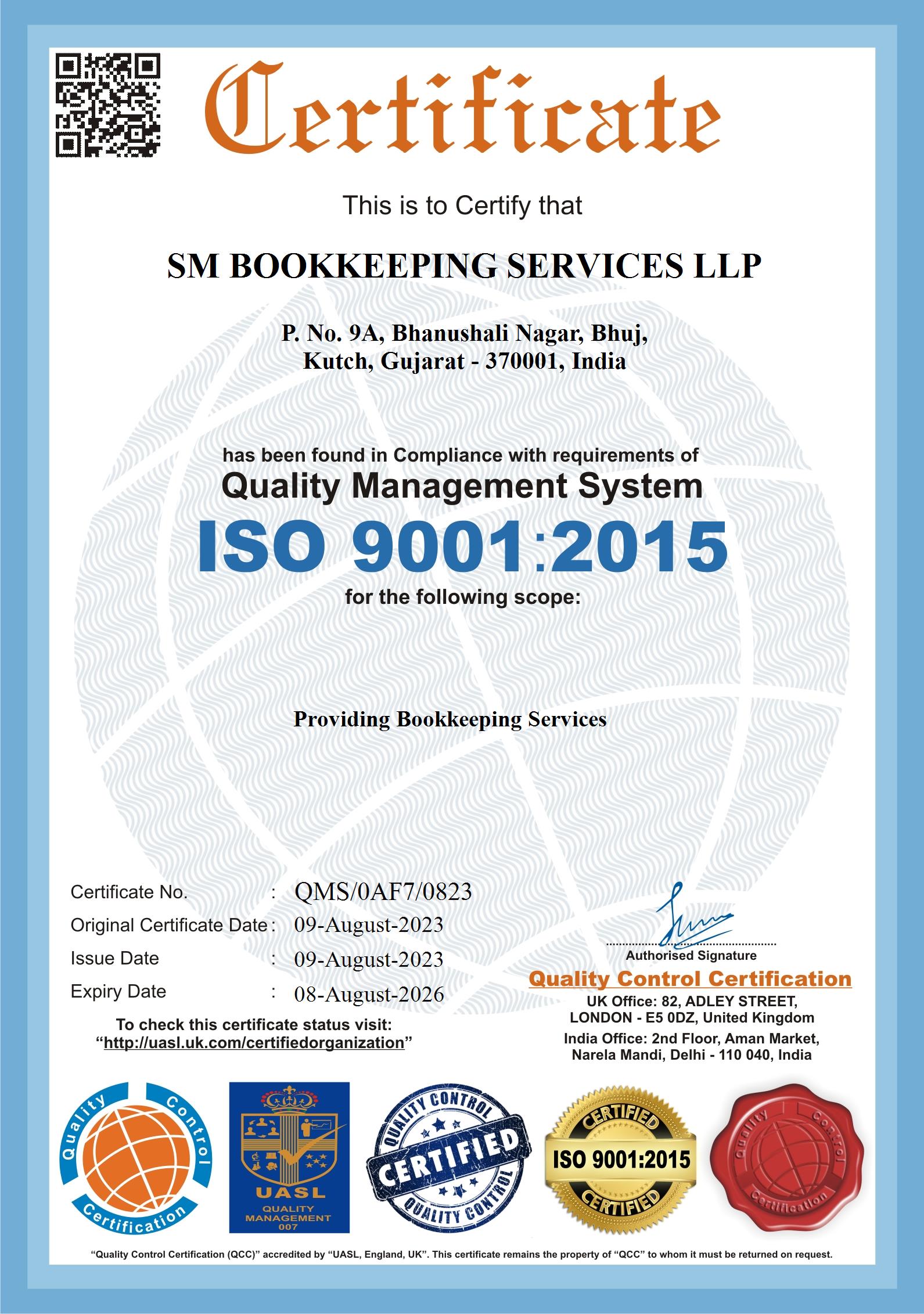The Art of Budgeting and Forecasting: A Professional Bookkeeper's Guide

The Art of Budgeting and Forecasting: A Professional Bookkeeper's Guide
In the world of finance, effective budgeting and forecasting are the cornerstones of success.
As a professionals bookkeeper with over a decade of experience, We have witnessed firsthand the transformative power of meticulous financial planning. In this blog post, we will delve into the intricacies of budgeting and forecasting, shedding light on essential practices and strategies. Join me on this journey as we demystify these vital financial tools.
Understanding the Basics
What Is Budgeting?
Budgeting is the process of creating a financial plan that outlines your income and expenses over a specific period. It provides a roadmap for managing your finances and achieving your financial goals.
The Significance of Forecasting
Forecasting, on the other hand, involves making educated guesses about your future financial performance based on historical data and current trends. It enables you to anticipate potential challenges and opportunities.
The Benefits of Budgeting and Forecasting
Effective budgeting and forecasting offer a multitude of benefits for individuals and businesses alike:
Financial Clarity: Budgets provide a clear picture of your financial health, helping you make informed decisions.
Goal Achievement: By setting financial goals in your budget, you can track your progress and stay motivated.
Resource Allocation : Budgets allocate resources efficiently, ensuring that every dollar serves a purpose.
Risk Mitigation : Forecasting helps identify potential financial risks and allows for proactive risk management.
Crafting Your Budget
Step 1: Assess Your Income and Expenses
Begin by gathering data on your sources of income and all your expenses. This includes fixed expenses like rent and variable expenses like groceries.
Step 2: Set Realistic Goals
Establish achievable financial goals, whether it's saving for a vacation or paying off debt. Your budget should align with these objectives.
Step 3: Create Your Budget
Using spreadsheet software or budgeting apps, organize your income and expenses into categories. Ensure that your income exceeds your expenses.
The Art of Forecasting
Analyzing Historical Data
To create accurate forecasts, analyze historical financial data. Look for trends, seasonality, and any anomalies that may affect your future finances.
Market Research
Stay updated with industry trends and economic conditions that might impact your financial performance.
Scenario Planning
Consider different scenarios, such as best-case and worst-case scenarios, to prepare for unforeseen circumstances.
The Marketing Approach
As we explore budgeting and forecasting, it's essential to maintain an informal, engaging tone without resorting to typical marketing buzzwords. The aim is to connect with our audience on a personal level and deliver valuable insights.
Conclusion
In conclusion, budgeting and forecasting are not just financial chores; they are powerful tools that can shape your financial future. Whether you're an individual seeking financial stability or a business aiming for growth, the principles remain the same. With more than a decade of experience as a professional bookkeeper, I encourage you to embrace the art of budgeting and forecasting. It's a journey that leads to financial clarity, goal achievement, and a secure financial future.
FAQs
1. How often should I update my budget?
Ideally, you should review and update your budget monthly to ensure it remains relevant to your financial situation.
2. Can I use budgeting apps for personal finances?
Absolutely! Budgeting apps are user-friendly and can simplify the budgeting process.
3. Is forecasting only for large businesses?
No, forecasting can benefit individuals and small businesses by helping them plan for the future.
4. What are some common budgeting mistakes to avoid?
Common mistakes include underestimating expenses, not tracking spending, and failing to adjust the budget as circumstances change.
5. How do I stay motivated to stick to my budget?
Set achievable goals, reward yourself for milestones, and remind yourself of the financial freedom your budget can provide.
Budgeting and forecasting are not just financial tools; they are your compass on the journey to financial success. Embrace them, refine your skills, and watch your financial future thrive.
